I want wine and carbs on an Italy holiday – here’s how to do it with wellness in mind
Italian escapes are all about wining and dining for Libby Brodie, but the slump after returning home is a drag – until she explores the region balancing wellbeing with indulgence

Support truly
independent journalism
Our mission is to deliver unbiased, fact-based reporting that holds power to account and exposes the truth.
Whether $5 or $50, every contribution counts.
Support us to deliver journalism without an agenda.

Food, and taking pleasure in it, is inextricably linked to Italian culture. As a wine lover who has never met a carb I didn’t like, visiting Italy is fantastic – but I return from trips feeling lethargic with overindulgence rather than that post-holiday glow I had hoped for.
Puglia, in southern Italy’s rustic heel of the “boot”, is known for its sweeping coastlines, ancient olive groves, rolling wheat fields, baking sunshine and a host of Unesco world heritage sites. Famed for producing wine, olive oil and bread (it is nicknamed “the breadbasket of Italy”), its hotels are now increasingly offering a range of activities to complement the Mediterranean lifestyle. I headed there to see if I could balance my wine with my wellness, and return from holiday feeling refreshed and revitalised for once. Yes, I wanted to drink and eat my way around sea views of the Italian coast, but I was also keen to embrace the healthier side of the local scene.
My first stop was the effortlessly elegant five-star Masseria Torre Maizza, designed by hotelier and interior designer Olga Polizzi. Just over an hour’s drive from Bari’s airport, the blazing white 15th-century fortified farmhouse rises above an ancient grove of olive trees.
The room’s private plunge pool looked out onto the nine-hole golf course, with views of the sea where one can practise a swing, or simply take an easy stroll to admire the scenery, before heading to the restaurant, Carosello. Here, humble traditional Puglian fare is given an upscale twist, with organic vegetables, local cheeses and handmade pasta elevated to fine-dining dishes of intense flavour and style.
Read more on Italy travel:
A lot of Italians believe the reason they remain so healthy despite all the food is the quality of their produce. The hotel’s general manager Franco Girasoli told me their chef goes to market every day at 4am to get the freshest fish and seafood, such as pearly plump scallops or the famously melt-in-the-mouth branzino. At breakfast, I sipped orange juice overlooking the citrus orchard, where the fruit had just been plucked. Nestled behind these trees was a small but well-equipped outdoor gym, and beside this the most incredible 20-metre swimming pool. Dragonflies skimmed across the surface, azure blue like the water; the attention to detail was so perfect here, I half suspected this matching colour scheme has been deliberately created. While I was doing laps, a golden-tanned lifeguard with a dazzling smile knelt at the water’s edge to offer me a platter of fresh fruit skewers. If this is wellness, sign me up.
Feeling that I had earned some indulgence, I made my way to the hotel’s Bougainvillea Bar for aperitivo, surely one of the best Italian traditions. The theory is that a little drink and some light bites of food will “open up”, or prepare, the stomach for the proper dining to come. The bar is well-named, in the centre of a courtyard lined with bougainvillea, and where tiny hummingbirds dart in and out of the bright purple flowers. I was served a dainty but powerful martini with little bowls of burrata, ripe tomatoes and tiny pizzas topped with sliced prosciutto and local wild honey. Everything felt in total harmony with both the surrounding landscape and well-heeled clientele, from elderly couples still romancing to families tucking into bowls of their speciality cacio e pepe with melting prawn tartare.
It is a pull to leave such glamour, but I travelled an hour and a half down the country, past Lecce – the “Florence of the South” – to Salento and the magical Don Totu. To say the entrance is unassuming would be an understatement. Down the empty back streets of a town that looks almost shut, I double-checked I was at the right place, unsure until the door opened and the wonders within were revealed.
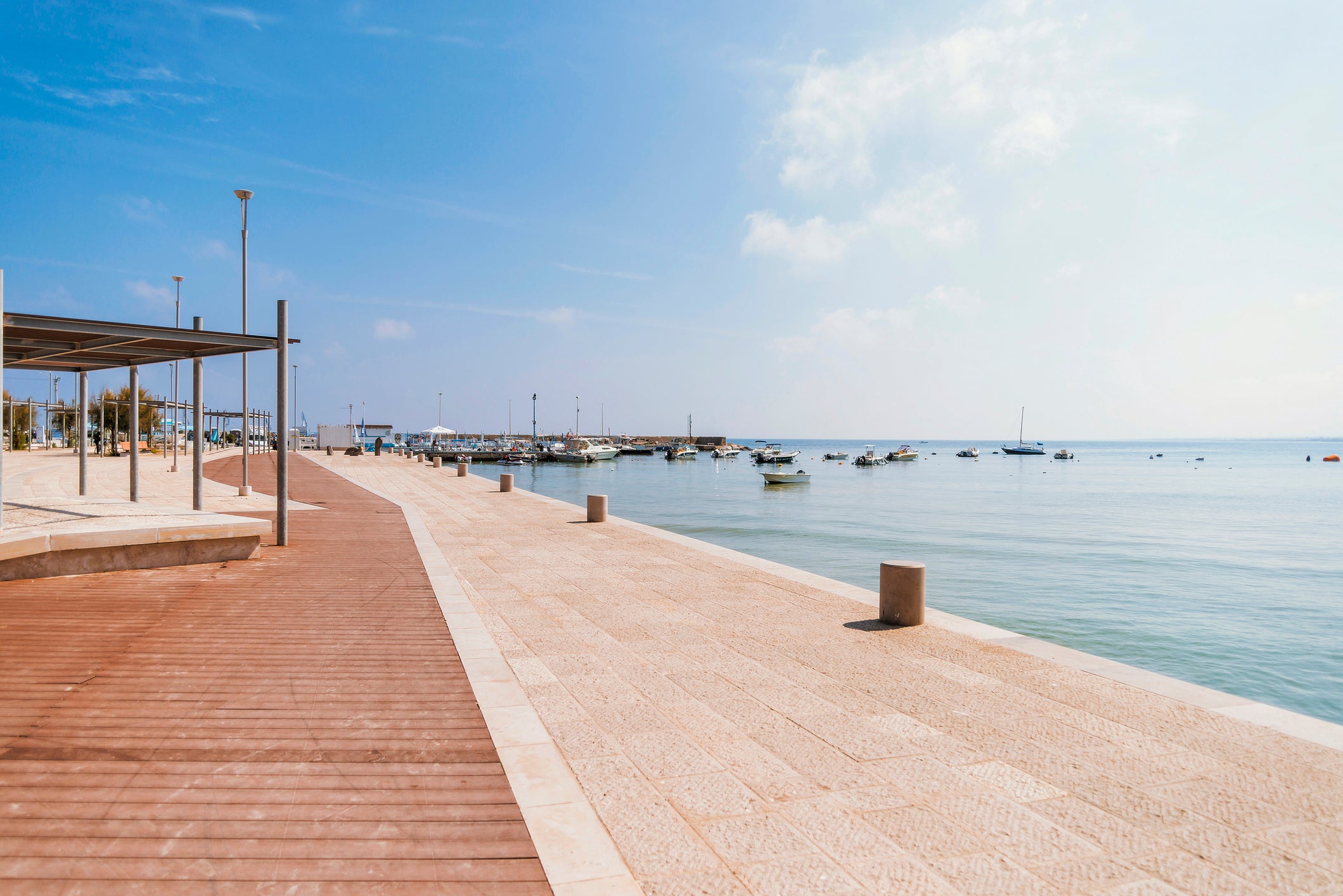
This old family estate of a nobleman is now an enchanting six-bedroom hotel, with arching, chandeliered ceilings and palatial grounds, home to a lawn, pool and bar. Lemon trees shelter the occasional secluded seating area in tucked-away corners. Beyond the walls, bells chimed, and dogs intermittently barked, but it felt like a secret oasis all to oneself.
The romantic rooms, with their four-poster beds and wafting white gauze curtains, were linked by an interweaving set of terraces, courtyards and cream stone stairs perfumed by jasmine and dotted with succulents, olive trees and candles.
The chef baked the most delicious cakes each morning for breakfast, from coffee cake to an exquisitely fluffy lemon sponge dusted in powdery sugar, and the ricotta was so fresh it was still warm on the table. At cocktail hour, drinks were prepared on request and a wine tasting can be arranged, but if you can’t wait that long, there is a small private “honesty” wine cellar.
A picnic-style lunch can be pre-ordered but there is no dinner available on site, so in the evening I strolled five minutes to a local restaurant and chose to bring pizza back to my private terrace, to enjoy the view of the gardens as sunset flooded the rooftops beyond. There are nearby hikes as well as hotel bikes, e-bikes and scooters available to explore the surrounding area, and it is only a 25-minute drive to swimmable beaches or local vineyards.
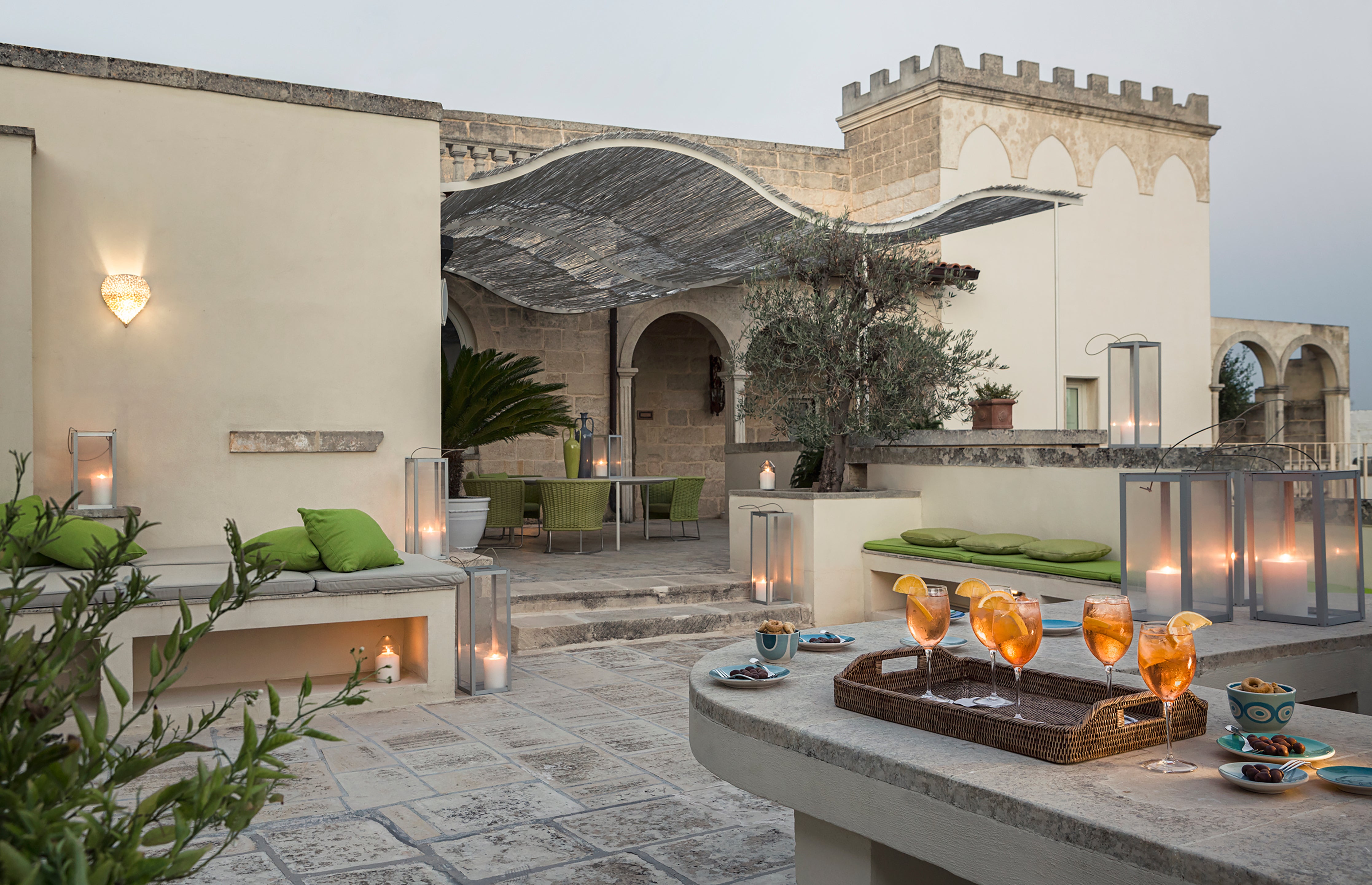
I visited two very different wineries around 20 minutes away. Castel di Salve offers a real slice of wine history, being one of the oldest wineries in Puglia, founded in 1885, and the first to age and bottle wine in Salento. Castello Frisari only began in 2016, a dream of two brothers determined to preserve the farming culture surrounding their 17th-century family home and show the beauty of the native grape, negroamaro. They launched their tours and tastings in June, a love story to this wine, with reds, rosé and two fascinating sparklings on offer.
Each morning at Don Totu, there is complimentary yoga by the pool, tailored to your ability by Yoga in Salento, a renowned retreat nearby that attracts some of the most respected practitioners in the world, plus celebrity clients; I am told by its founder, Francesca Maniglio, that actress Sadie Frost just visited and declared it as having the best vegan food she had ever eaten.
A workout in the gym was rewarded by a session in the private hammam, bookable at an hour’s notice, with steam room and a warm bubbling pool with jets and mini-waterfall for the ultimate unwind. I was so relaxed I fell asleep in the garden afterwards, half-hypnotised by the swifts swooping over the pool.
I enjoyed the local dishes, the seafood pastas and crusty breads accompanied by glasses of excellent wine, but when bidding farewell to this rustically seductive corner of Italy, I felt good across mind and body. I had walked, swum, exercised in gyms, stretched myself with yoga and found zen in spas. The post-holiday blues may beckon, but for now I am refreshed and rejuvenated, even after such indulgence. Puglia may well have the key to my carb addiction after all.
How to do it
Stay at Masseria Torre Maizza from £1,080 a night or Don Totu from £295 a night (and which can also be hired for exclusive use).
Tours and tastings at Castel di Salve from €25pp (£21.15); tours and tastings at Castello Frisari from €30pp (£25.40).
Read more: Italy travel guide – everything you need to know before you go

 Kass
Kass 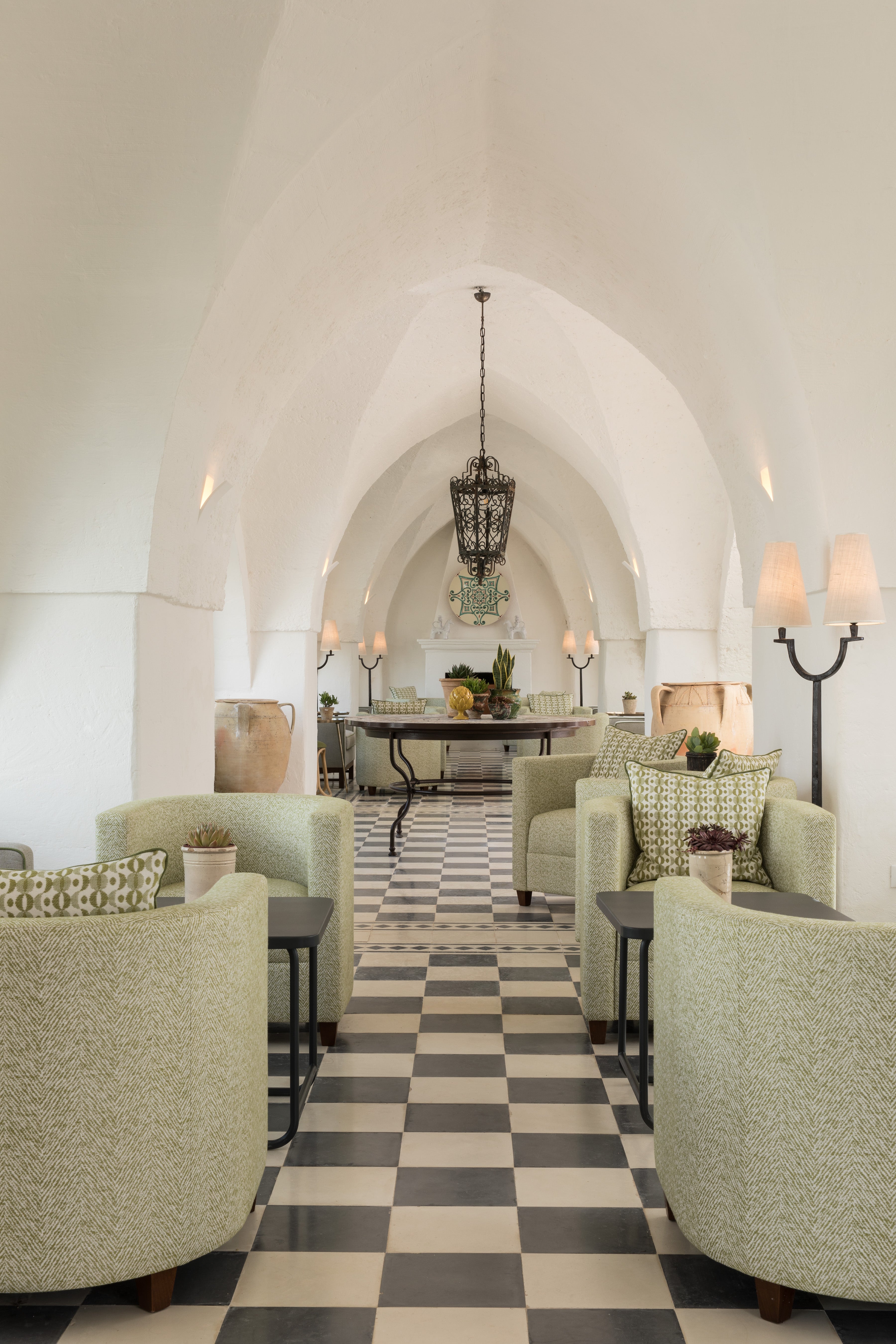








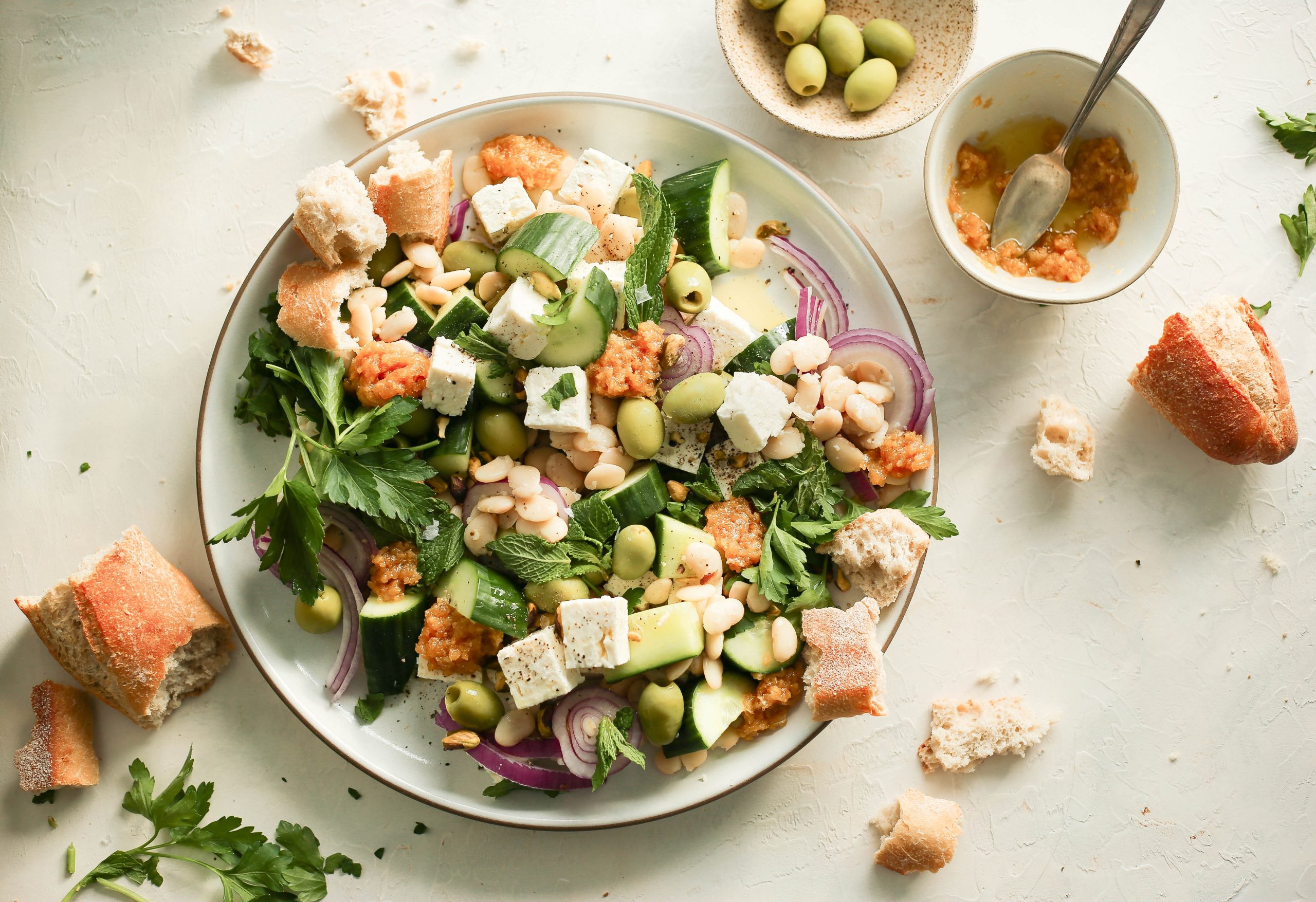




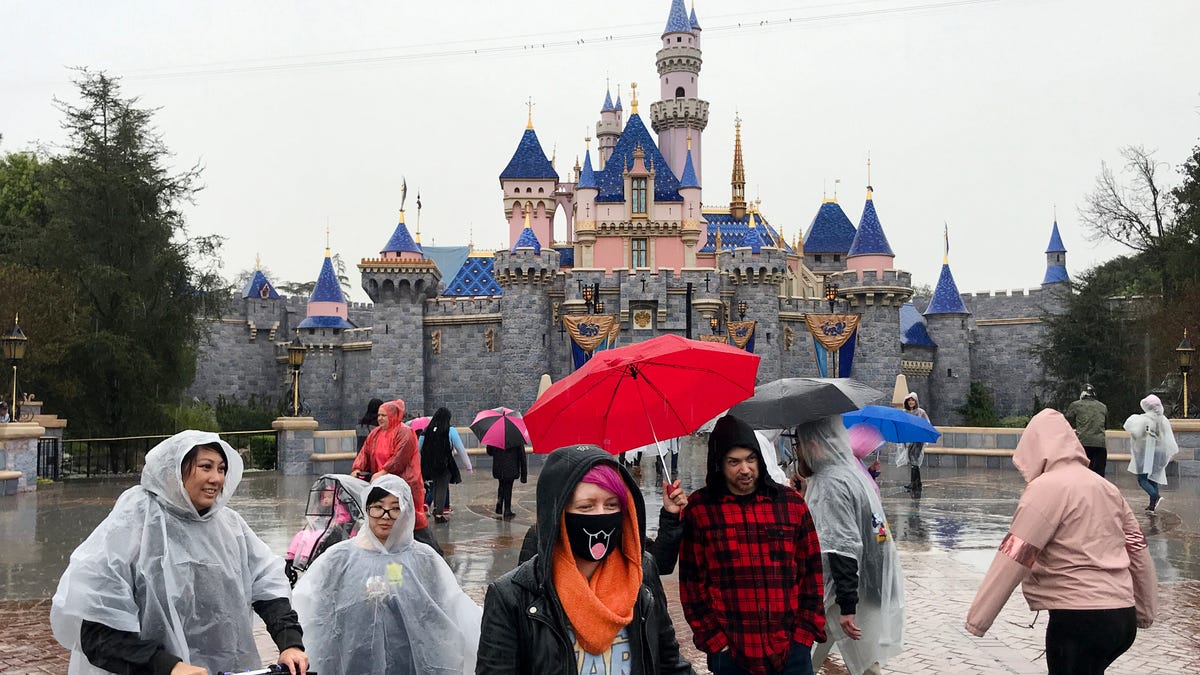















![Run An Ecommerce SEO Audit in 4 Stages [+ Free Workbook]](https://api.backlinko.com/app/uploads/2025/06/ecommerce-seo-audit-featured-image.png)


